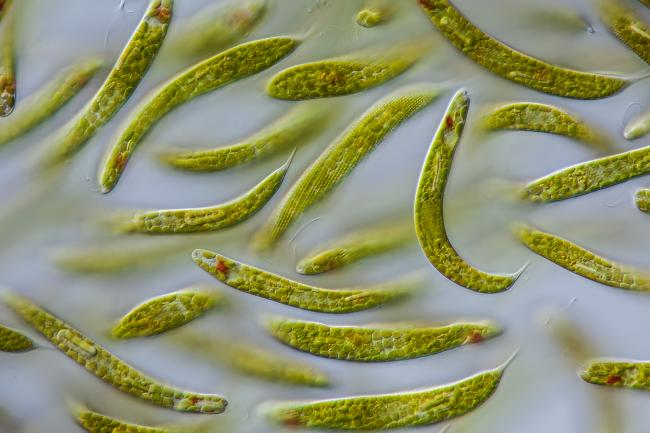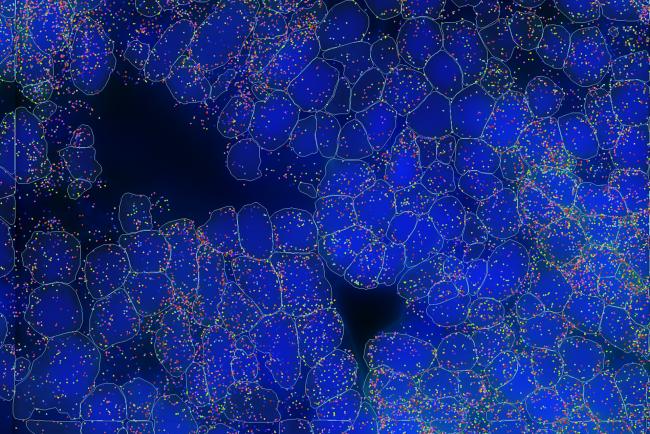
Biography
Karim leads the Technical Genomics Group, which underpins the high-performance sequencing platform and NBRI in Transformative Genomics, providing EI researchers and the wider UK bioscience community with access to cutting-edge expertise and the latest technology platforms.
Karim is a biologist with over two decades of experience in genomics and a passion for scientific discovery and innovation. He has been at the forefront of next-generation sequencing since the early days of the technology, shaping the development of Edinburgh Genomics as a major NGS facility at the University of Edinburgh before joining EI in 2018. He has collaborated on over 50 publications across the breadth of NGS applications and shared his knowledge of the field with others through numerous workshops and courses.
Karim did his PhD at the French National Institute for Agricultural Research (INRA) in Jouy-en-Josas (France), investigating complex patterns of evolution in the genome of polyploid fish in the salmon family. After completing his PhD in 2001, he moved to the University of Guelph (Canada) for a postdoc on the genetic basis of production traits in aquaculture fish. He returned to Europe in 2006, holding a Kelvin-Smith Fellowship in aquatic epidemiology and immunogenomics at the University of Glasgow before joining the University of Edinburgh in 2009, where he held several management positions within Edinburgh Genomics while teaching bioinformatics as a Senior Lecturer.
Karim has a soft spot for fish and other aquatic creatures but enjoys working on any organism with intriguing biology. He keeps a close watch on technology developments in the field and is always happy to discuss new ideas.
Projects
Publications
Related reading.

I told myself science wasn’t for me. I was wrong.

How single-cell genomics is unmasking the hidden diversity of protists

Forging a career as a research technical specialist

Decoding microbial diversity and function in irreplaceable habitats
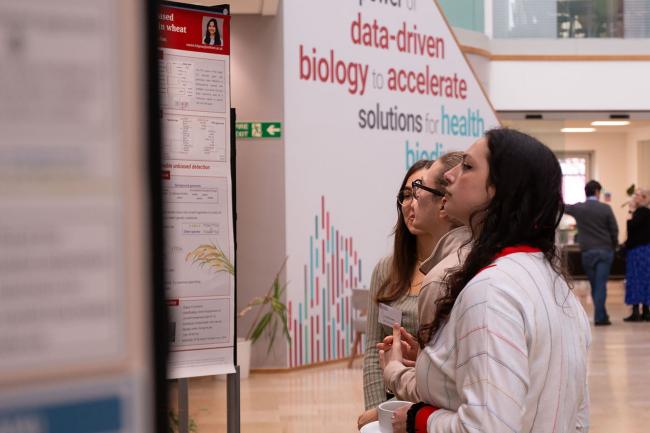
Research culture to crop resilience: our top five moments of 2025

2025 in focus: essential reading from our scientists

New perspectives on human health and biodiversity using cell atlases
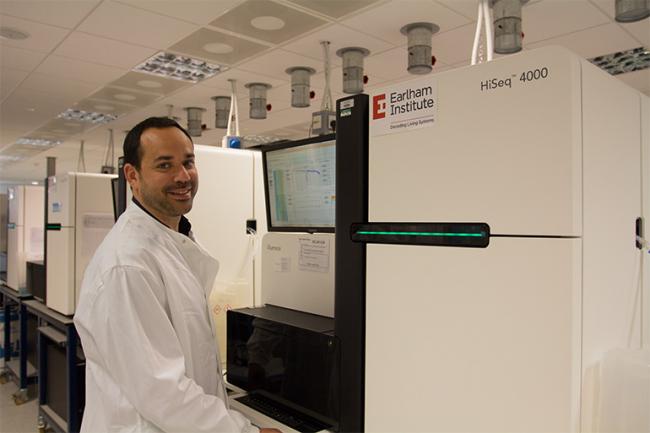
New DNA on the block: Genomics expert to lead our pioneering sequencing
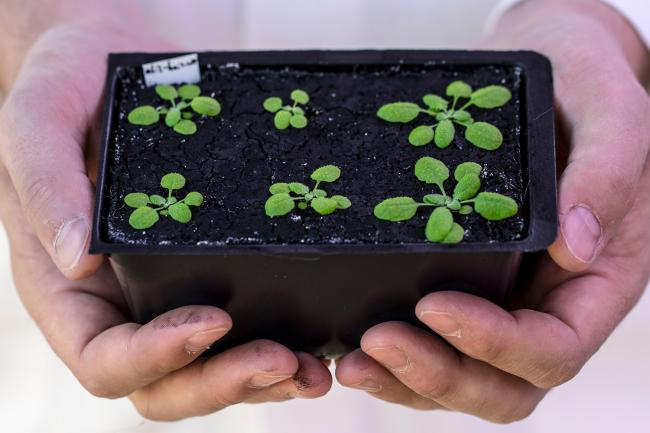
Maternal wisdom – how mother plants prime their seeds for success
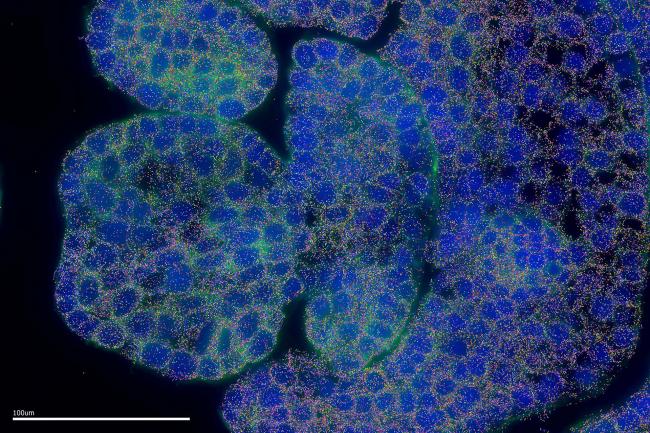
Innovations in spatial imaging could unlock higher wheat yields

Advancing forensic science: could a single cell prevent a wrongful conviction?

Earlham Institute PhD graduate recognised for excellence in scientific research
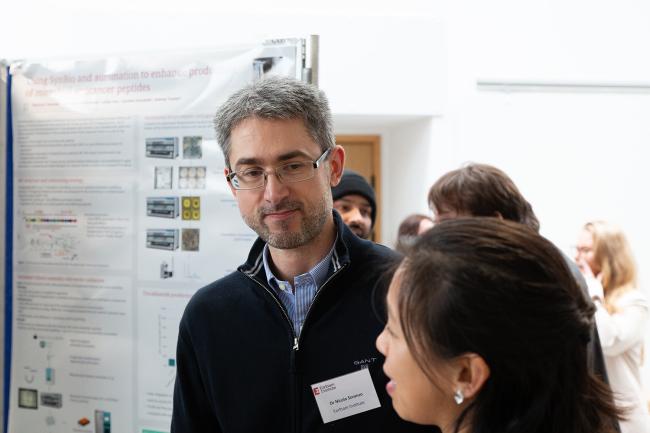
New fellowship launched to embed FAIR data across the UK life sciences



